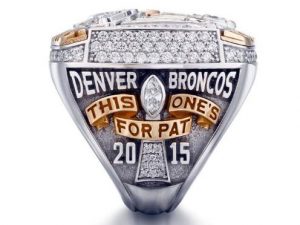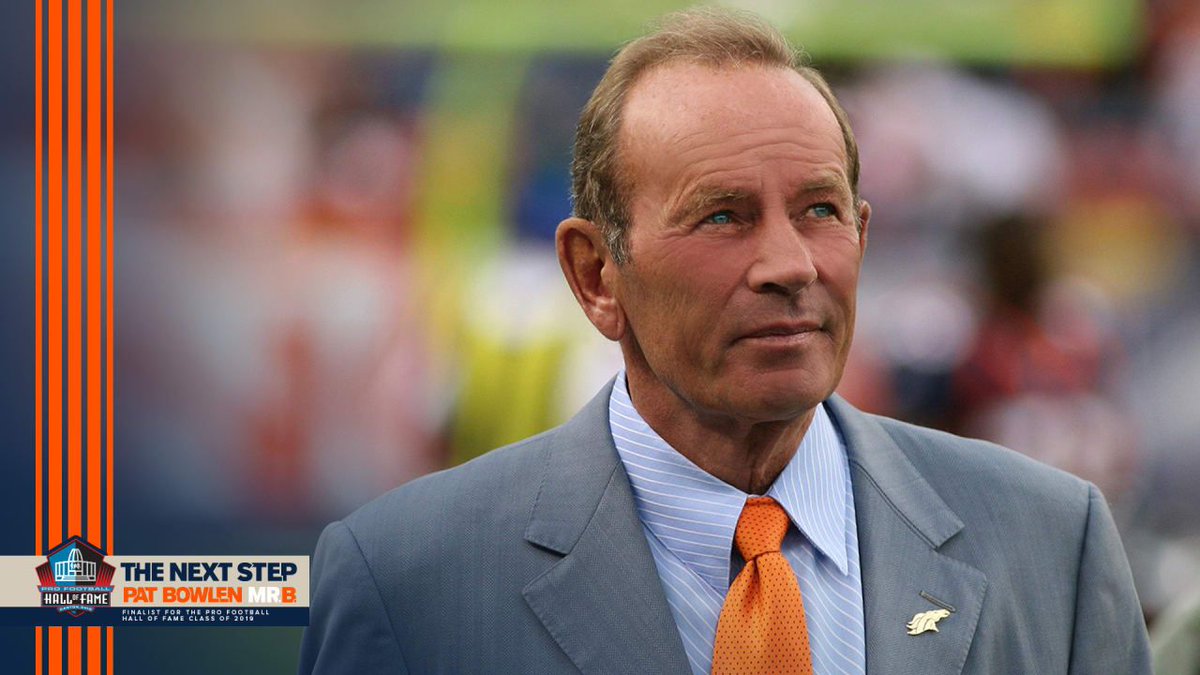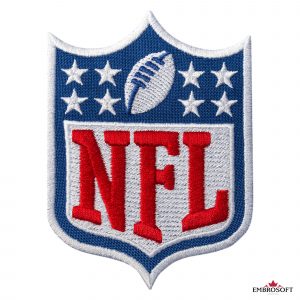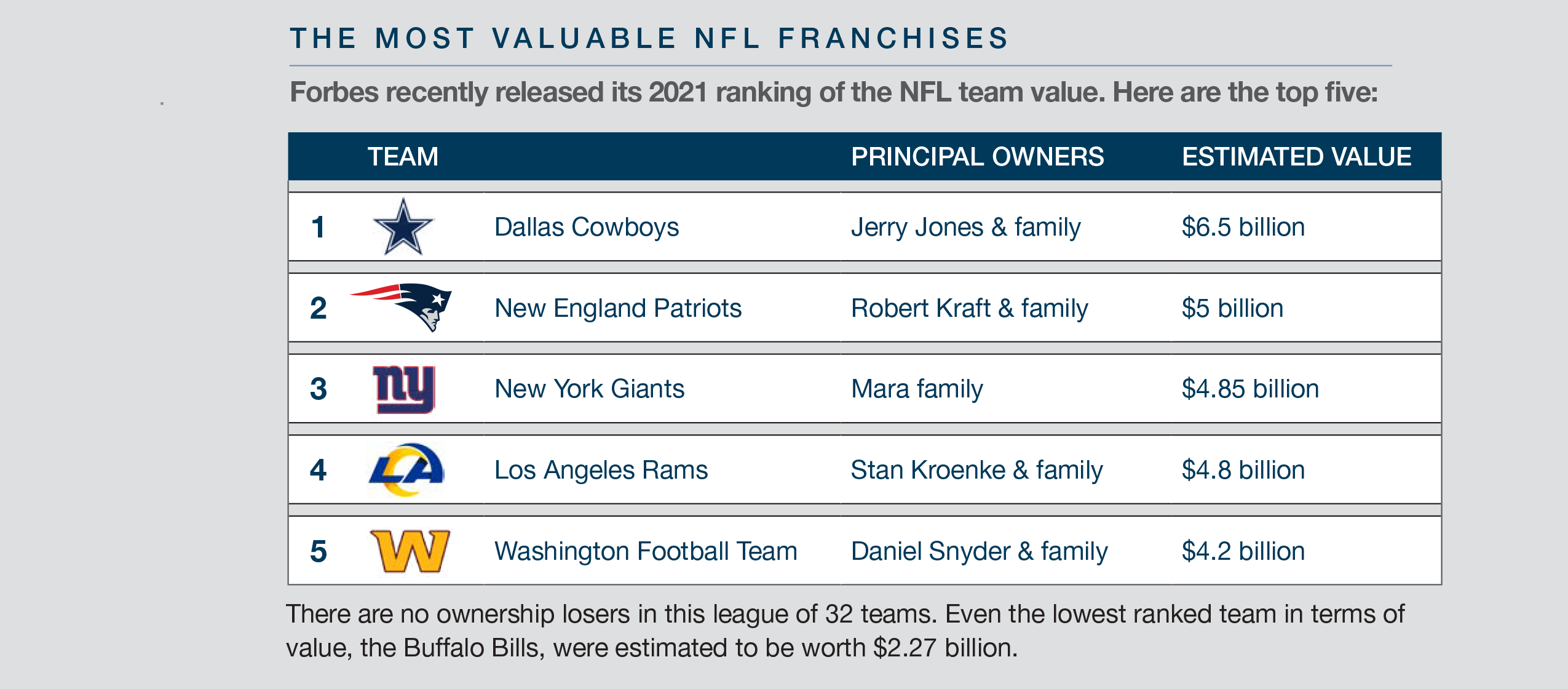We’re heading into the second weekend of the 101st season for the National Football League. It’s the time of year where hope still springs eternal for every team, where anything is possible. No team is out of contention. They’re all relatively equal.
But are they?
What about behind the scenes, at the ownership level? Is there a firm, confident hand guiding each team as they prepare? Or is there drama at the ownership level that threatens success on the field?
In truth, both scenarios are at play. The NFL’s very precise ownership rules have long focused on concentrated ownership amongst individuals and families for its 32 franchises. The league doesn’t want any big corporate entity owning a team. As a result, the NFL is basically a community of family-owned enterprises.
And the fate of the NFL’s family-owned businesses mirrors what’s happening with family businesses across North America. Some are run smoothly from generation to generation – and continue to thrive and grow. Others become mired in family conflict and the business ultimately suffers. Eventually, the business is either divided or sold outside of the family.
All family businesses – whether sports related or not – could take a page from football team preparations when it comes to succession planning and transitioning ownership from one generation to the next. Plan, test the plan, and continually revisit it as circumstances change.
But, as one NFL team has recently discovered, a plan that looks good on paper doesn’t always work in the real world.
The ongoing Denver Broncos ownership saga
 Pat Bowlen purchased a majority stake of the Denver Broncos in 1984, when he was 40. His time in charge was wildly successful. He became the first owner in NFL history to accumulate 300 wins in his first 30 seasons. The team reached the Super Bowl on seven occasions – and won it three times. Bowlen became actively involved in league decisions and was instrumental in guiding its growth and success. His voice carried a lot of weight amongst his ownership peers.
Pat Bowlen purchased a majority stake of the Denver Broncos in 1984, when he was 40. His time in charge was wildly successful. He became the first owner in NFL history to accumulate 300 wins in his first 30 seasons. The team reached the Super Bowl on seven occasions – and won it three times. Bowlen became actively involved in league decisions and was instrumental in guiding its growth and success. His voice carried a lot of weight amongst his ownership peers.
In 2009, Bowlen revealed problems with his short-term memory. By 2014, Alzheimer’s had forced him to step away from day-to-day ownership and operations of the Broncos. He placed the team’s ownership in the Bowlen Family Trust. The trust was overseen by three trustees: team CEO Joe Ellis, Vice President and General Counsel Rich Slivka, and lawyer Mary Kelly.
At the same time, Bowlen also set out a clear succession plan for the franchise. He had two daughters with his first wife, and five children with his second wife. And he wanted one of his seven children to take over as primary owner of the team.
But there was a catch to who got what.
The Bowlen trust outlined the qualifications a child would need to succeed him. Rather than select a successor himself, Bowlen instructed the trustees to decide which child best met the qualifications. If none did, the trustees could sell the team.

Amidst all of these considerations, Bowlen died in 2019. While the siblings from both of his families had always seemed to get along, legal battles over ownership began to surface.
- Beth Bowlen Wallace, the oldest daughter from Pat Bowlen’s first marriage, announced she wished to succeed her father. The trustees declared she was not capable or qualified.
- Brittany Bowlen, a daughter from Pat Bowlen’s second marriage, announced her intention of becoming the next controlling owner of the team. She joined the team as an executive in 2020. While she lacked the experience to control the team immediately (she was only 29 at the time), the trustees identified Brittany as the only candidate capable of running the team within the Bowlen family.
Lawsuits followed, even though the trust had a no-contest clause. This meant siblings couldn’t sue the trust or they’d be excluded from it. Beth Bowlen Wallace challenged the validity of the trust anyway, claiming her father lacked mental capacity and was under undue influence when he signed his estate planning documents.
What went wrong with the Broncos?
How did one of the most stable and successful franchises in NFL history end up in a messy ownership battle? There seem to have been several contributing factors:
- A questionable trust framework. The trust that Pat Bowlen created for the Broncos is known as an incentive trust. It linked an aspect of a beneficiary’s inheritance to a specific set of requirements laid out by Bowlen himself. To many estate planning practitioners, the incentive trust framework can be toxic. In this case, it pitted beneficiary against beneficiary.
- Conflicting responsibilities for trustees. The three trustees were entrusted to both run the team and decide if one of the children had met the requirements to take over as primary owner. In a sense, the trustees were in the uncomfortable position of voting themselves out of a job if they determined that an heir was worthy. There was an inherent conflict-of-interest in the trust structure.
- No testing of the plan. We’ve long emphasized the importance of “test driving” the estate plan as part of the planning process. This involves “rolling the game film” – a dry run of who does what. It assumes the primary owner (or founder or principal) has died and the estate process has gone into action. It can ensure there are no speed bumps in the process, and that there’s a seamless transition to the estate. In this case, test driving the plan could have revealed the improper distribution of fiduciary responsibilities – and the conflicting tasks the trust imposed on the trustees. As the Bowlen example shows, even a clear estate plan – with proper documentation and airtight drafting language – can fall apart if you don’t have the right people in the right roles making the right decisions.
In the meantime, the ownership conflict in Denver continues. Litigants vacated their lawsuits earlier this year (in June), leading to speculation that the parties have agreed to sell the franchise to a third party. While this will be lucrative for family members, it’s a sad result given Pat Bowlen’s desire to have ownership of the team continue in his family.
NFL franchises and family business succession
The NFL is big business, and, not surprisingly, the Broncos aren’t the only franchise that has struggled with succession issues over time. Another recent example is the New Orleans Saints, winners of the 2010 Super Bowl. Former Saints owner Tom Benson, who died at age 90 in 2018, faced a lawsuit brought by his estranged daughter and grandchildren in 2015. Benson had changed his succession plan, giving control of the Saints to his third wife, Gayle Benson. The case was settled in 2017, but with Gayle Benson retaining her ownership entitlement. You can read more about the Benson case here.
While some NFL teams have struggled with ownership succession, many others have reaped the rewards of sustained family ownership. 
- George Halas bought the new Chicago Bears franchise for a mere $100 in 1920. When he died in 1983, his daughter Virginia McCaskey took over. At age 98, she still owns the Bears today. The franchise is now estimated to be worth $3.5 billion. And it’s only now – after more than 100 years – that the McCaskey family is considering a sale.
- The Pittsburgh Steelers have been owned by the Rooney family since 1933, and have been hugely successful both on and off the field.
- The Detroit Lions have been owned by the Ford family since 1963, when William Clay Ford purchased the team. He remained owner for more than 50 years, passing ownership to his wife Martha upon his death in 2014. The family’s third generation took over the team in 2020 when Martha passed principal ownership to their daughter, Sheila. Sheila’s three siblings are also involved in team management as Vice-Chairs. The Lions appear headed to G4 ownership.
- Two other iconic franchises are setting themselves up for eventual transition within the ownership families. The Dallas Cowboys are owned by Jerry Jones, who runs the organization like a family business, with all three of his children in executive roles. Likewise, the New England Patriots have been owned by Robert Kraft for nearly 30 years. The team has won six Super Bowl titles during his tenure. His son, Jonathan Kraft, is President, and the likely future owner.
To put an exclamation point on this topic, here’s a direct quote from Arthur Blank, owner of the Atlanta Falcons, in The Athletic back in August, just before the NFL season started. Blank was asked by a writer if he would ever sell the Falcons, and he responded this way:
“We have no plans for the franchise not to be in the family. We are required once a year to submit a succession plan to the NFL. The league went through difficult (family estate) situations with the Saints, Denver and Indianapolis…I’m sure Pat Bowlen, God bless him, is flipping in his grave because of the difficulties with his family. It’s not a happy thing. (Late Saints owner) Tom Benson, you know what happened. It was ugly.”
So, if there’s a lesson to be learned from NFL franchises, it’s that family business owners are wise to never take their eye off the succession and estate planning ball. Circumstances can change rapidly, as we’ve seen with the Bowlen family in Denver.

Further reading:
- For background on the Bowlen succession story in Denver, the New York Times sets out the details here.
- From Sports Illustrated: analysis of the recent end to the litigation and possible sale of the Broncos.
Paul Russell is a Toronto-based freelance writer.
